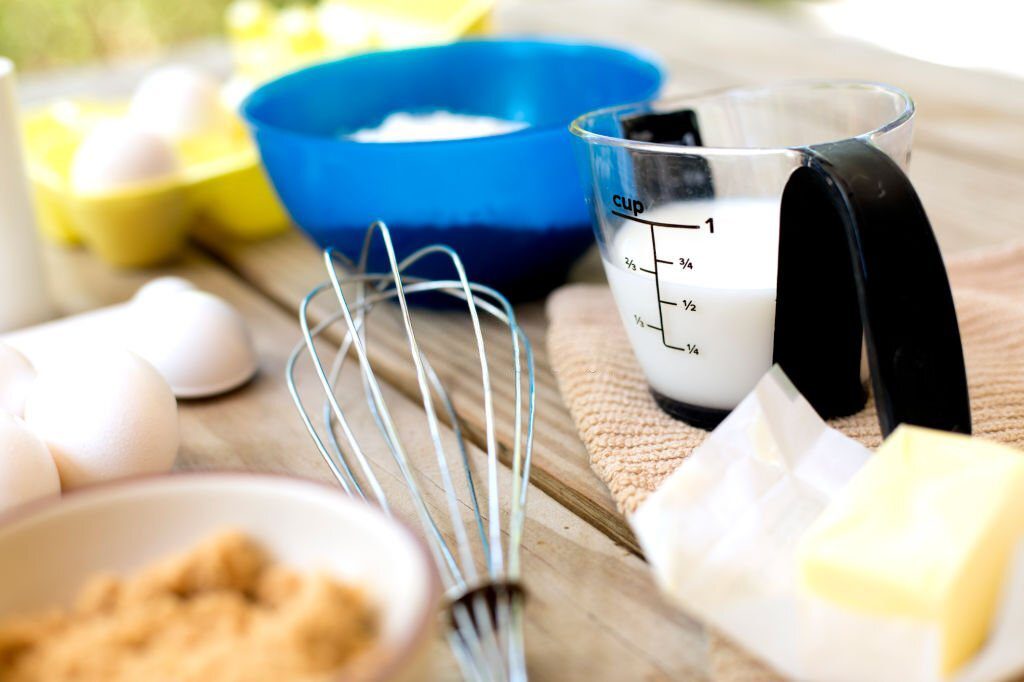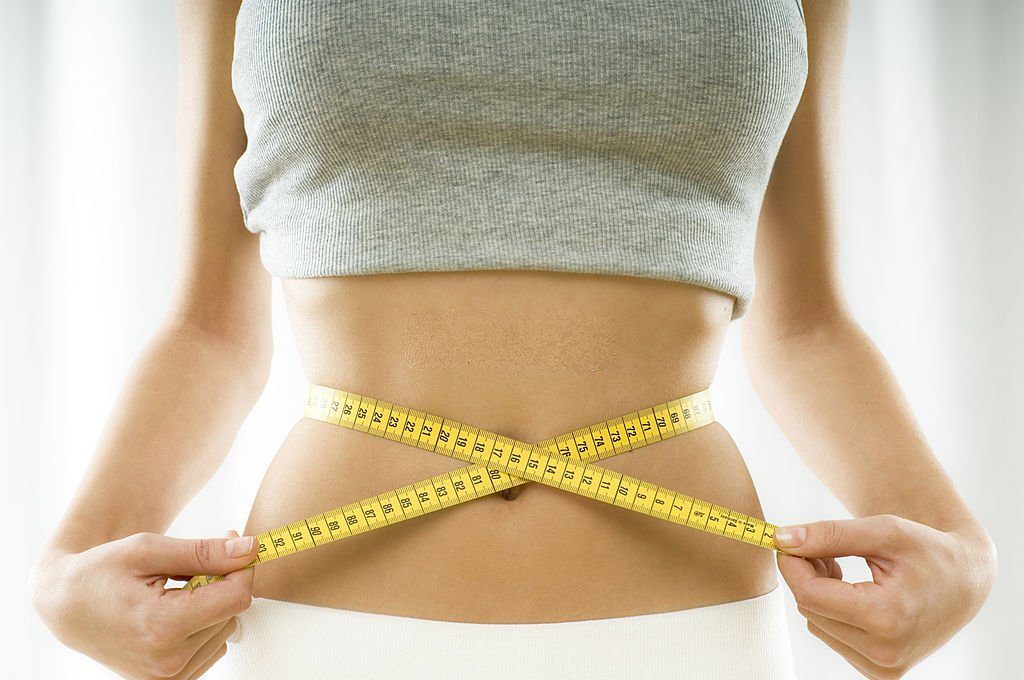Ladies! Ramadan – The Holy Month is ahead; you might be wondering to boost your immune system. Logically, fasting helps you shed extra pounds; the opposite tends to happen. Muslims refrain from drinks and food from sunrise to sunset. People with obesity and overweight issues need a plan to work out, but 13 to 15 hours long fast does not allow you to exercise or workout due to low energy if you don’t follow a healthy diet plan.
Holistic nutritionist believes that people in Ramadan think that fasting all day will give them a free pass to indulge beyond their means. Most people rush to eat fast and put more on their plates without listing to stomach capacity. Generally, people eat more to replenish the loss of energy due to dehydration.
Aside from all this, you can avoid gaining weight during Ramadan with some simple steps. Let’s begin with some beneficial steps to become fitter & healthier!
It might seem like an unsuccessful mission due to long fasting hours. However, hydration is the key to losing weight in Ramadan. Drinking enough fluids will not only keep you from becoming dehydrated while you fast, but it will also control your sugar cravings after you break your fast.
How will you break down eight glasses of fluids a day? Here is:
- Two glasses at Iftar
- Two glasses at Suhur
- Four glasses in between Iftar and Suhur
Well, don’t count coffee and caffeinated drinks in your hydration plan. Try to avoid these diuretic drinks altogether. Instead, herbal teas make a great alternative to water and may aid your digestion.

Your metabolism slows down, and your energy decrease in Ramadan. The iftar meal is not supposed to make up those hours you spent without food. Forget that you haven’t eaten all day, and imagine you have sat down for your dinner meal and eat accordingly.
Break your fast with dates as they are a quick source of the sugar your body needs after a fast. You don’t need to have more than one date as dates are high in sugar. Then, go for a small portion of soup, such as a vegetable or lentil soup, and avoid cream-based soups.
Follow it with a mixed vegetable salad and limit the amount of olive oil in the dressing to 1-2 teaspoons. Skip all other appetizers, including the carbohydrate-rich ones.
Another primary cause of weight gain in Ramadan is ample sugar intake. From taking sugar-laden drinks to dates, and sweets, we intake lots of sugar. The best thing to do is avoid refined sugars because it is the last thing you need in your body if you aim to lose weight or not gain weight during Ramadan.
You can replace sugar intake by taking natural sugars, like:
- Honey
- Fruits
- Dried fruits
A good bowl of fruit salad will not only keep you full but will also be a delicious food that will benefit your body and not lead to weight gain.
5 super ways to achieve a Lean Body
It happens you wake up late and cannot eat properly during the limited hours of Suhur. Skipping suhur is a risky option as you will tend to be hungry throughout the day, which will result in overeating during iftar, and it is a must to avoid continuing the weight loss journey.

Fasting is not an excuse for us to sleep all day or be lazy. In Ramadan, you should maintain your usual daily activity level to a certain extent, but avoid the sun and heat at its peak.
Remember that you’ll be burning more fat than ever on an empty stomach. After you break your fast, aim for 30 min of vigorous exercise a day that you can do from homes, such as burpees, lunges, sit-ups, and squats. Ask your trainer for a personalized home plan that is suitable for you.
Here Find Out When You Can Exercise in Ramadan:
- 90 minutes before sunset
- Between 3 am and 4 am
- Between 11 pm and 2 am
Whether you are taking Suhur or Iftar, make sure to avoid salt intake, as it can make you thirsty. You can intake complex carbs such as whole grain bread, instead of white refined bread. It contains a good source of protein such as
- Labneh
- Cheese
- eggs
This combination will ensure you have a stable level of glucose in your blood so you don’t get hungry the next day.
Blockchain The Future of Fitness

One of the major causes of weight gain in Ramadan is an unbalanced diet. It’s the common thinking that you have to eat enough food, which should make up for the fasting hours that you have spent without food. But that’s not the case.
Portion control is the most important in Ramadan. The essence of the month is to exercise patience and self-control, therefore in terms of food, these two factors should also be considered.
Not eating between suhoor and iftar and then overeating when breaking the fast is not in line with what Ramadan teaches.
Portion control is the best way to ensure that the numbers on the scale do not increase at the end of the month. Eating small portions is always the right idea and also helps one understand how much the body needs.





